Magnesium it works but how?
clarkinks
9 years ago
Related Stories
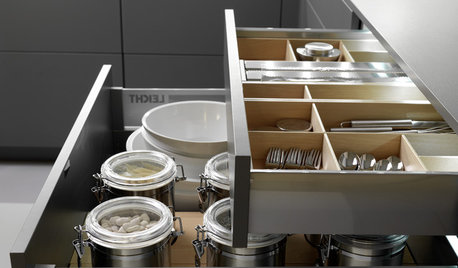
DECORATING GUIDESHow to Work With a Professional Organizer
An organizing pro can help you get your house together. Here's how to choose the right one and gain your own clutter-clearing skills
Full Story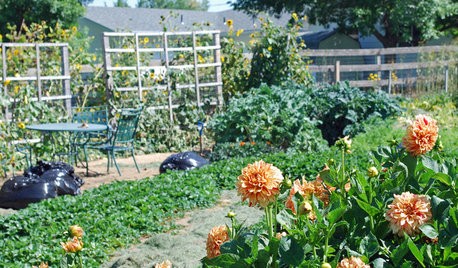
GARDENING GUIDESTackle Weeds the Natural Way
Instead of dousing your yard with chemicals to wipe out weeds, let time and nature work their magic via smothering and solarization
Full Story
HEALTHY HOMEHow to Choose a Home Water Filtering System
Learn which water purification method is best for your house, from pitchers to whole-house setups
Full Story
DECORATING GUIDESSo Your Style Is: Green
Way beyond a hue on a paint chip, green means a healthy home with a unique style designed around sustainability
Full Story
LIFE12 Effective Strategies to Help You Sleep
End the nightmare of tossing and turning at bedtime with these tips for letting go and drifting off
Full Story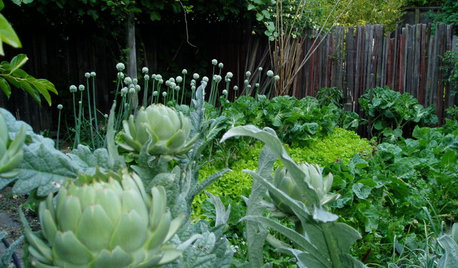
FRONT YARD IDEAS10 Ideas for a Front-Yard Edible Garden Your Neighbors Will Love
Choosing attractive, well-mannered plants and sharing the bounty will go a long way toward keeping the peace
Full Story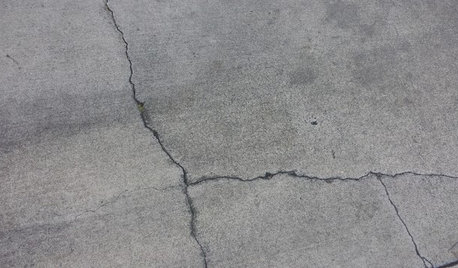
CONCRETEWhy Concrete Wants to Crack
We look at the reasons concrete has a tendency to crack — and what you can do to help control it
Full Story
BEDROOMSThe Right Mattress: The Secret to a Great Night’s Sleep
We spend a third of our lives asleep, so investing in a quality mattress is essential. Check out this expert advice to help you choose yours
Full Story
KITCHEN COUNTERTOPSKitchen Counters: Concrete, the Nearly Indestructible Option
Infinitely customizable and with an amazingly long life span, concrete countertops are an excellent option for any kitchen
Full Story
BEFORE AND AFTERSReader Project: California Kitchen Joins the Dark Side
Dark cabinets and countertops replace peeling and cracking all-white versions in this sleek update
Full StoryMore Discussions






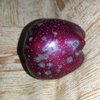
drew51 SE MI Z5b/6a
fruitnut Z7 4500ft SW TX
Related Professionals
Oatfield Landscape Architects & Landscape Designers · Wilmington Landscape Contractors · Allentown Landscape Contractors · Edmond Landscape Contractors · Surprise Landscape Contractors · Bainbridge Island Landscape Contractors · Brooklyn Park Landscape Contractors · Chelmsford Landscape Contractors · Concord Landscape Contractors · Haverhill Landscape Contractors · Lewisville Landscape Contractors · North Potomac Landscape Contractors · Vashon Landscape Contractors · Wailuku Landscape Contractors · Palos Hills Landscape Contractorsgator_rider2
clarkinksOriginal Author
lazy_gardens
clarkinksOriginal Author
jean001a